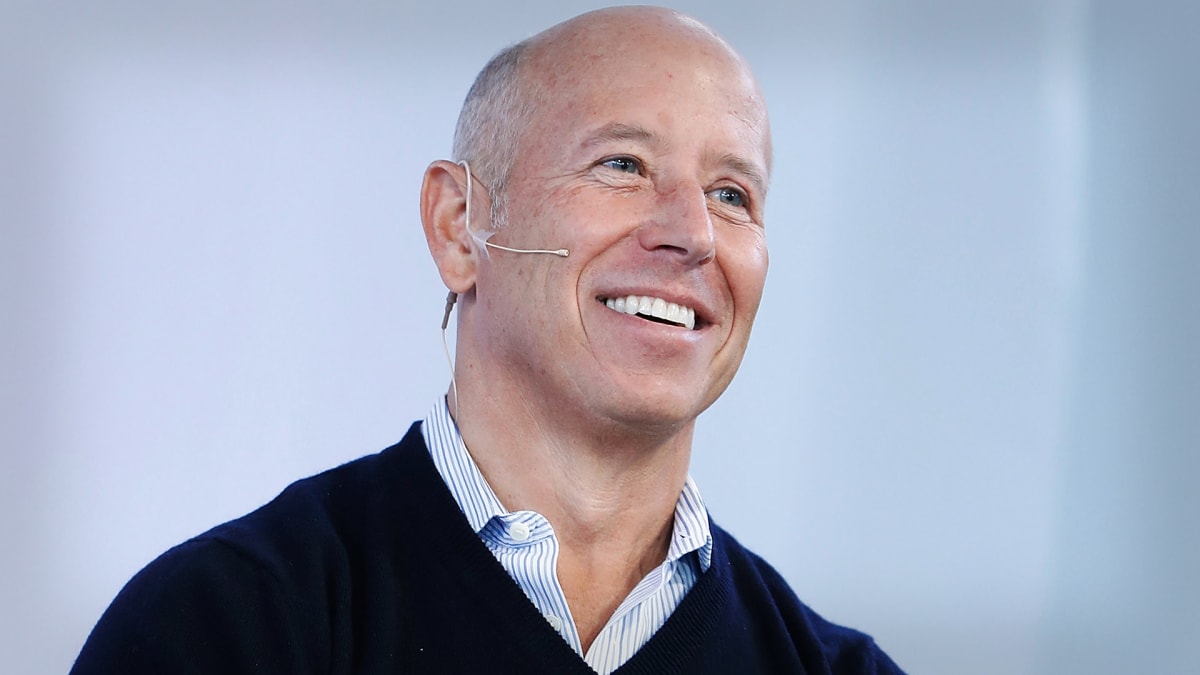
The U.S. is on the verge of a recession that could possibly cost millions of Americans their jobs.
But at least market bears get to say 'I told you so.'
Barry Sternlicht, chairman of investment fund Starwood Capital Group, went on CNBC to give a timeline of when he thinks the full recession will hit.
"You're going to have a recession in the third or fourth quarter. The consumer is sort of out of dough. His savings rates are at all time lows...He's on credit cards," Sternlicht, who is reportedly worth $4 billion, said on CNBC Thursday.
But it's not all bad for the U.S. in 2023, as Sternlicht expects inflation to go negative before the recession hits in the back half of the year.
"One thing about inflation...it's not totally fixed," he said. "Inflation will subside ever further as the supply chain continues to resolve itself. Inflation will go negative in May or June."
He expects inflation to go down to 2% by the end of the year, signaling a win for the Federal Reserve and its strategy of steep interest rate increases.
Chances of a Recession Are High
Sternlicht is far from the only economist predicting a recession in 2023.
The National Association of Business Economics (NABE) Business Conditions Survey for January, which polled 60 business economists, contained some downbeat results.
Profit margins remain under pressure, registering a -25 net rising index (NRI) in the survey, down from -10 in the October. NRI measures the percentage of panelists reporting rising profit margins minus the percentage reporting falling profit margins.
This is the worst reading since mid-2020. To be sure, the outlook for profit margins over the next three months is higher, with an NRI of -7, up from -17 in October.
As for their outlook on the economy, slightly more than half of respondents put the possibility of a recession over the next year at 50% or higher.
Higher interest rates and costs are the biggest threats, the economists said. But the upside possibilities are lower interest rates and costs, increased labor force participation and improved supply chains.




.jpg?w=600)


